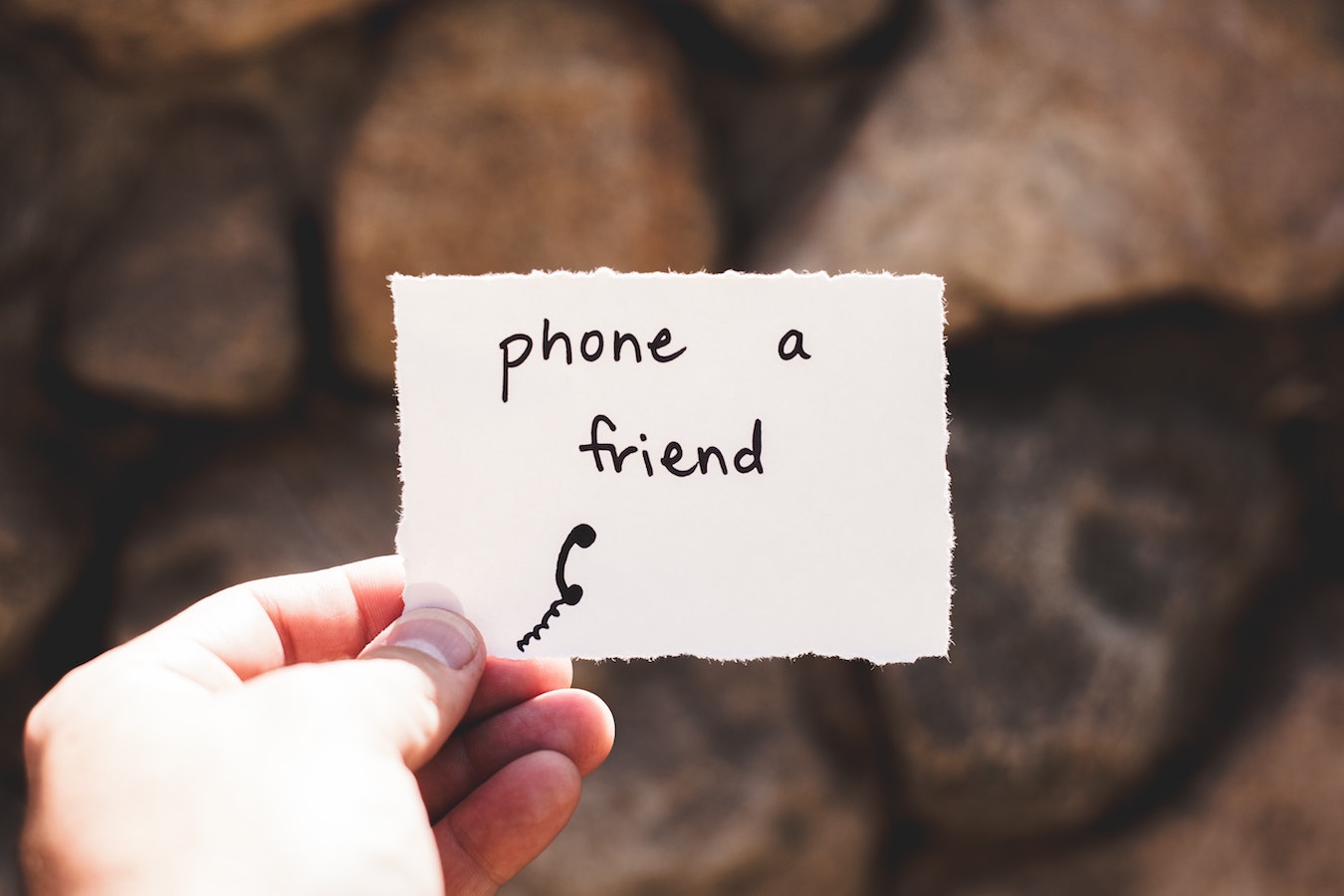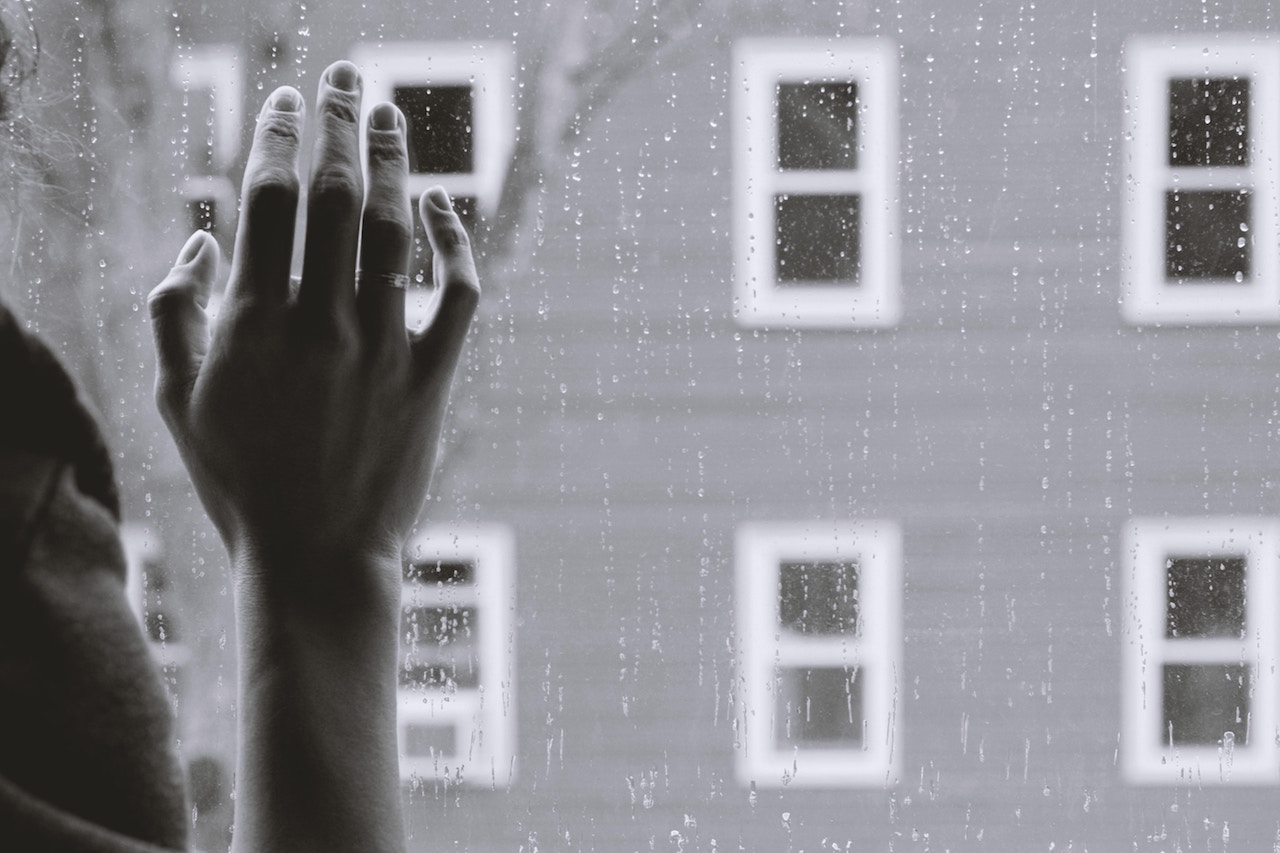The Unseen Facet of Stress in the COVID-19 Pandemic
If you ask most people what has been the emotion that first springs to mind amidst the pandemic, chances are that the words – uncertainty, anxiety, frustration, and stress might make their way through. With the Covid-19 pandemic entering its third year, the emotions mentioned above are understandable. Of these, stress probably is both a stand-alone emotion and also a result of the other emotional turmoil that one may be going through. Stress is not a singular entity but rather the composite of a cohort. What one’s future may hold, job security, safety and well-being of loved ones, financial stability etc. are all parts of the cohort that ultimately results in one being stressful.
It would do great injustice to define one of these elements that form the composite as being more important than the other. However, while job and financial security are often cited as leading stressors, the pandemic has also shown light on a major stressor, hitherto considered not as significant.
The stress induced from the safety and well-being of our loved ones and the prospect of not being physically available is probably the leading source of stress in the times of the pandemic. What started as a safety measure – physical distancing, soon morphed into “social” distancing, which got further hardened through lockdowns and restrictions. Countless cases of people not being able to celebrate life’s important milestones and tragedies are recounted in every social circle and conversation. Similarly, to be bereaved from the loss of a family member, friend, colleague or even a pet became a singularly lonely experience. While intermittent recessive phases between Covid waves offered hope and optimism, each ensuing wave has ebbed the human spirit and induced stress and even despondency.
Our work culture, especially that of the millennial hustle generation, meant that prioritising the health and safety of loved ones was always considered secondary to work and work-related achievements. Taking time off to spend time with family, or the day off to celebrate an important milestone became millstones around one’s career progression. This was even more pronounced in the case of working women, who having to face work related inequities in progress and pay, were also saddled with the burden of proving their “commitment” to work over family. The pandemic has completely changed this work “ethic”, turning it on its head.
ALSO READ:
The stress induced due to the ill-health or safety of a loved one was experienced by probably every person on the planet. It has helped in a belated realisation that the often-abused phraseology of work-life balance needed a complete rethink. An individual cannot operate or be optimally functional if they continue to be stressed about family and loved ones. The need to prioritise this integral part of an individual’s well-being has been a welcome outcome. While hybrid working, work from anywhere and agile work are all welcome measures to help reduce certain aspects of stress, it is time that we realise that our entire outlook towards work needs to change in order to adequately manage this unseen and often unspoken contributor to stress during the pandemic.
Much of this realisation is also reflected in decisions millions have taken during the pandemic. From the ‘Great Resignation’ to moving to a place where one grew up to being unavailable for work after hours, the Great Recalibration of priorities is well under way.
Even small steps have helped. From setting do not disturb periods on your phone to disabling notifications for emails post work hours, anything that helps in this process of recalibration is a step forward. I have also become more empathetic with colleagues who are taking time off and not being judgmental about them. This cannot be a bad thing. And one hopes that this recalibration across societies helps in deeper reflection, better self-realisation and ultimately reduced stress and increased harmony.
Feature image by Raw Pixel
WATCH NOW: The Health Collective channel on Youtube
ALSO READ:



